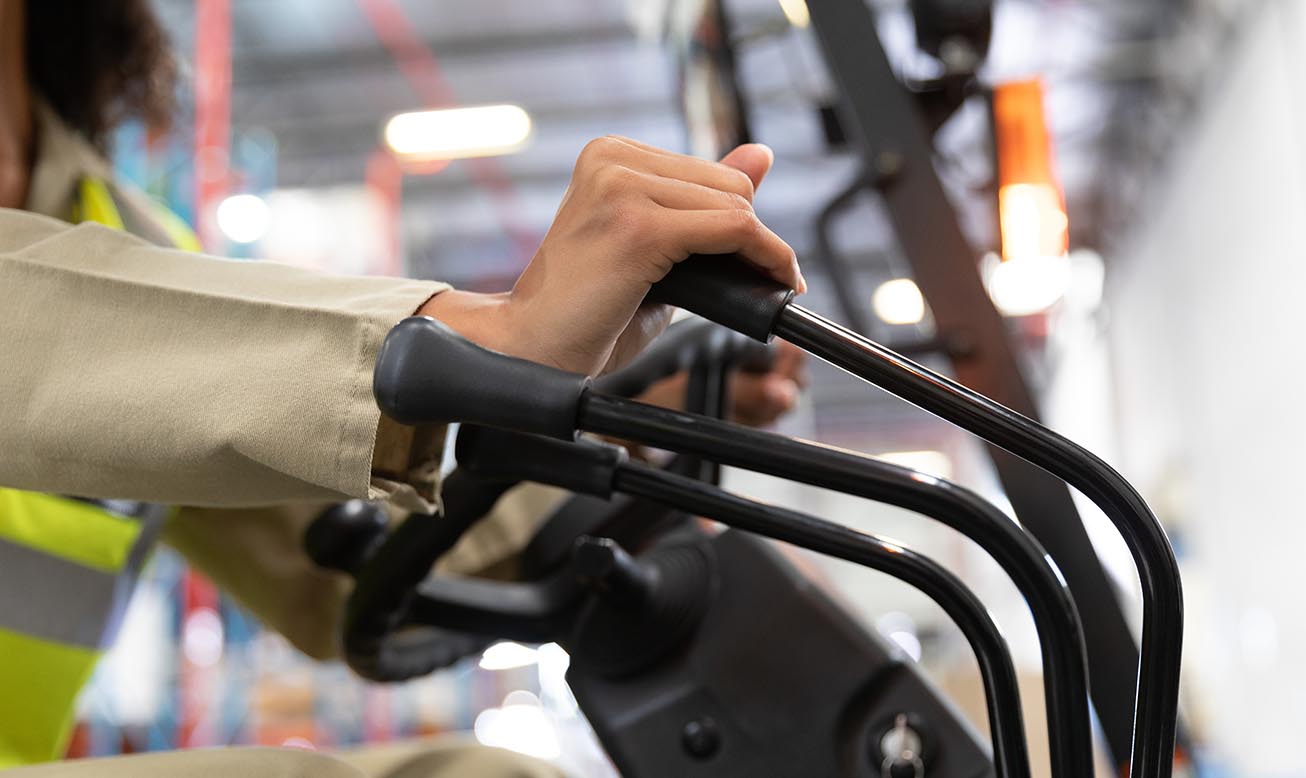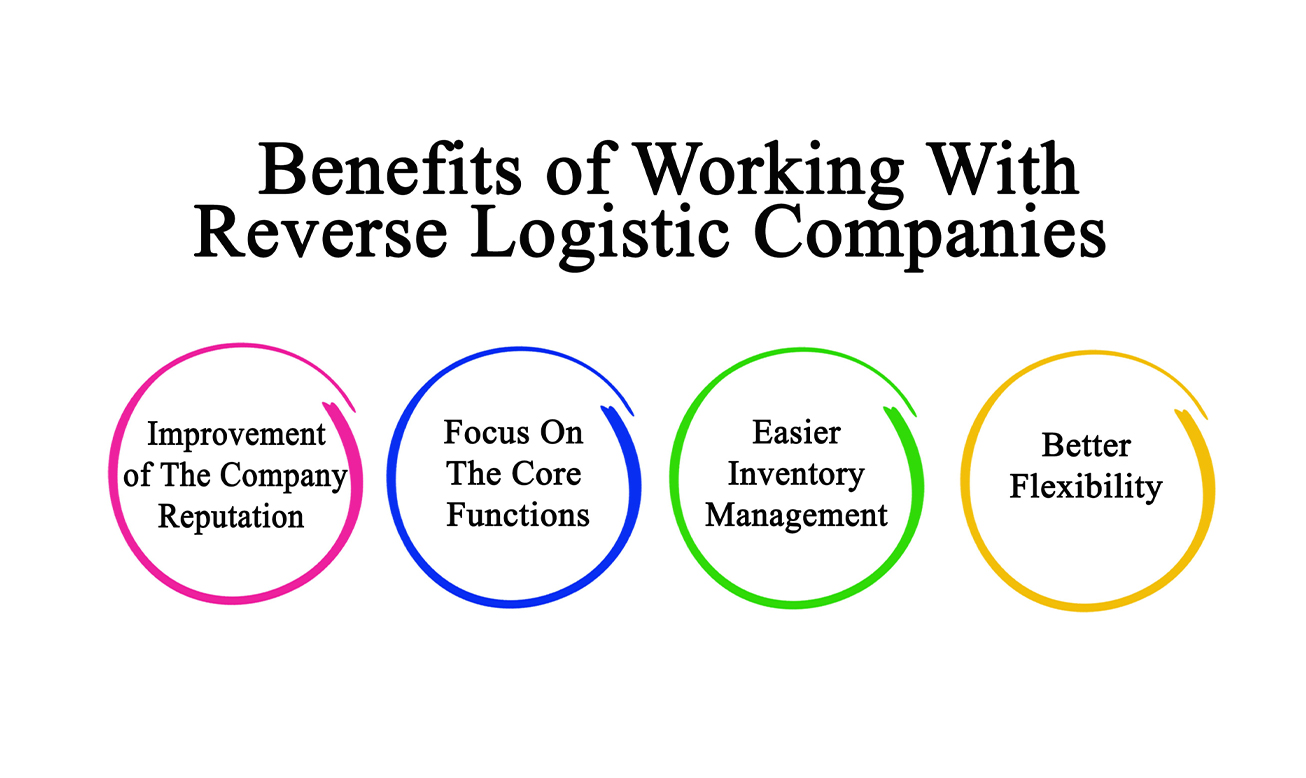July 26, 2024
The Growing Importance of Reverse Logistics in Modern Supply Chains
Reverse logistics has been integral to retail for over a century. With the exponential growth of digital marketplaces, the need and complexity of reverse logistics have increased. This vital process involves shipping goods or items back from the consumer to the seller, and is now a cornerstone of modern supply chain management.
Definition of Reverse Logistics
Reverse logistics includes the procedures that move products from the end user back to the manufacturer or distributor for return, recycling, refurbishment, or disposal. This backward supply chain process starts with the customer and works its way back through various stages, aiming to regain value or dispose of the products in an environmentally friendly manner.

Why does Reverse Logistics Matter?
The implementation of an effective reverse logistics process is paramount for ensuring the smooth operation of a successful supply chain. Present-day consumers, motivated by factors beyond the delivery process, are increasingly inclined toward the availability of convenient return policies. This shift in consumer behavior has resulted in an elevated return rate for e-commerce transactions, ranging from three to four times higher than that of in-store purchases. Therefore, effective reverse logistics solutions are critical for maintaining customer satisfaction and loyalty and minimizing the financial impact of returns.
Returns alone are worth nearly a trillion dollars annually worldwide. Companies that excel in reverse logistics can salvage revenue, build customer loyalty, and drive repeat business. By optimizing reverse logistics procedures, businesses can significantly improve the customer experience, turning potential negatives into positives and reassuring about the substantial financial benefits.
The Five R’s of Reverse Logistics
An effective reverse logistics process hinges on improving these five key areas:
Returns
Customers return products for various reasons. Efficient reverse logistics solutions require procedures for receiving, inspecting, and testing products, as well as systems for return material authorization verification and tracking.
Recalls
Product recalls are more complex than standard returns, often involving potential hazards or defects. Effective reverse logistics must include processes for receiving, replacing, reselling, or reclaiming failed products to salvage revenue and maintain brand trust.
Repair (Refurbishment, Re-use, or Re-manufacturing)
If products have minor faults, manufacturers can repair, refurbish, or re-manufacture them to like-new conditions. Streamlined reverse logistics procedures for repairs can save time and money on parts and labor.
Repackaging (for Restocking or Resale in Secondary Channels)
Most returned products are not defective but simply unsatisfactory to the buyer. These products can be inspected, repackaged, and quickly returned to inventory. Co-locating forward and reverse logistics processes can deliver significant returns on investment.
Recycling, Disposal, and Disposition
At the end of a product’s life cycle, companies must find safe, cost-effective, and environmentally friendly ways to dispose of or recycle them. Engaging third-party recycling companies can help manage this process, recover valuable materials, and reduce waste.
Industries Benefiting from Reverse Logistics
Various industries benefit from effective reverse logistics solutions, including:
E-commerce – With high return rates, efficient reverse logistics are critical.
Automotive Industry – Managing returns of parts and recycling materials.
Pharmaceutical Industry – Handling recalls and recycling packaging.
Consumer Electronics – Refurbishing and recycling old devices.
Retail Sellers – Managing high volumes of returns.
Luxury Goods Sellers – Ensuring brand integrity through careful handling of returns.
Reusable Packaging Industry – Recycling and reusing packaging materials.
Case Study: Last Mile Logistics and Reverse Logistics
At Last Mile Logistics, a leading logistics provider, reverse logistics is a critical component of our service offerings. One notable case involved a significant e-commerce retailer facing challenges with high return rates and customer dissatisfaction. We implemented a comprehensive reverse logistics solution, including streamlined return procedures, efficient repackaging processes, and partnerships with recycling companies. Our expertise and experience in reverse logistics, alongside our extended transportation network, allowed us to tailor a solution that met the retailer’s specific needs and helped them overcome their logistical challenges.
As a result, the retailer saw a 34% reduction in return processing time, a 31% increase in customer satisfaction, and significant cost savings from reclaimed materials. This case exemplifies how effective reverse logistics can turn a logistical challenge into a competitive advantage.
The Future of Reverse Logistics
As digital marketplaces and e-commerce continue to grow, the importance of reverse logistics will only increase. Companies must invest in advanced reverse logistics solutions to handle the rising volume of returns and recycling needs. The future of reverse logistics is promising, with technologies like automated return processing, AI-driven inventory management, and sustainable recycling practices shaping the field. These advancements will ensure that reverse logistics remains a crucial aspect of the modern supply chain, instilling optimism about its potential and the benefits it can bring to businesses.
By understanding and optimizing the reverse logistics process, businesses can manage returns more effectively while enhancing customer loyalty, reducing costs, and supporting sustainability initiatives. Reverse logistics is no longer just a necessary part of the supply chain; it is a strategic component that can drive business success in the modern retail landscape, empowering businesses about its strategic importance.
At Last Mile Logistics, we are dedicated to assisting businesses with all their transportation and reverse logistics needs. Our trusted partners have the experience and knowledge to handle your freight efficiently, helping you achieve your organization’s goals while maintaining customer satisfaction and environmental responsibility.


